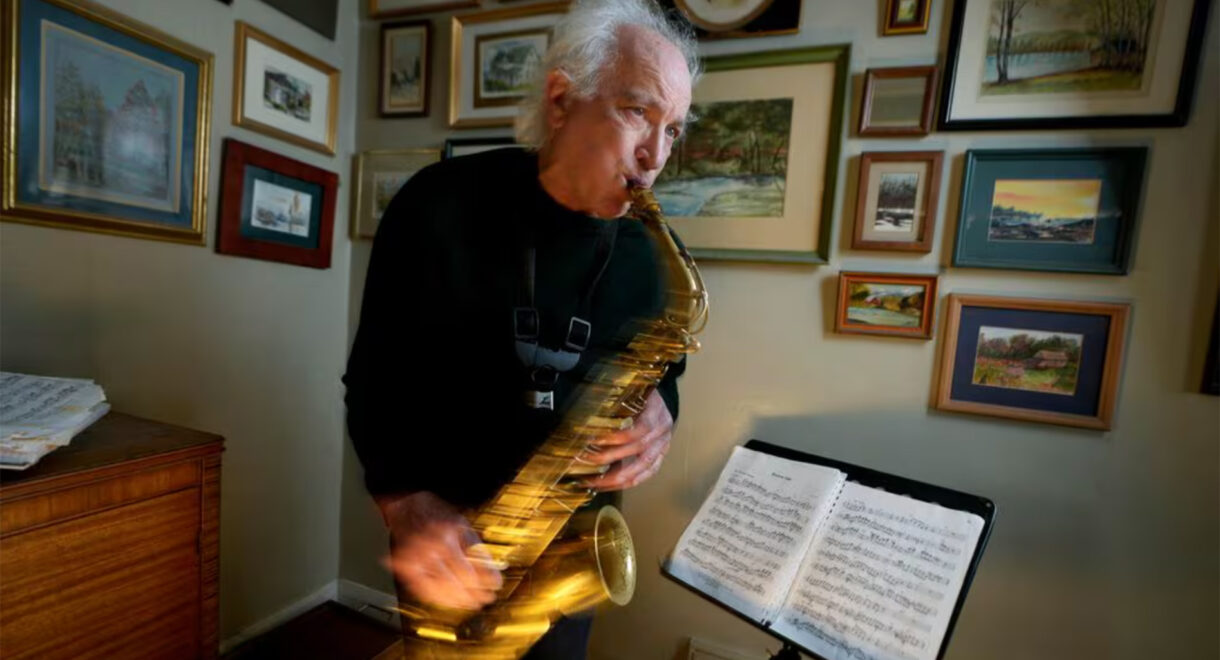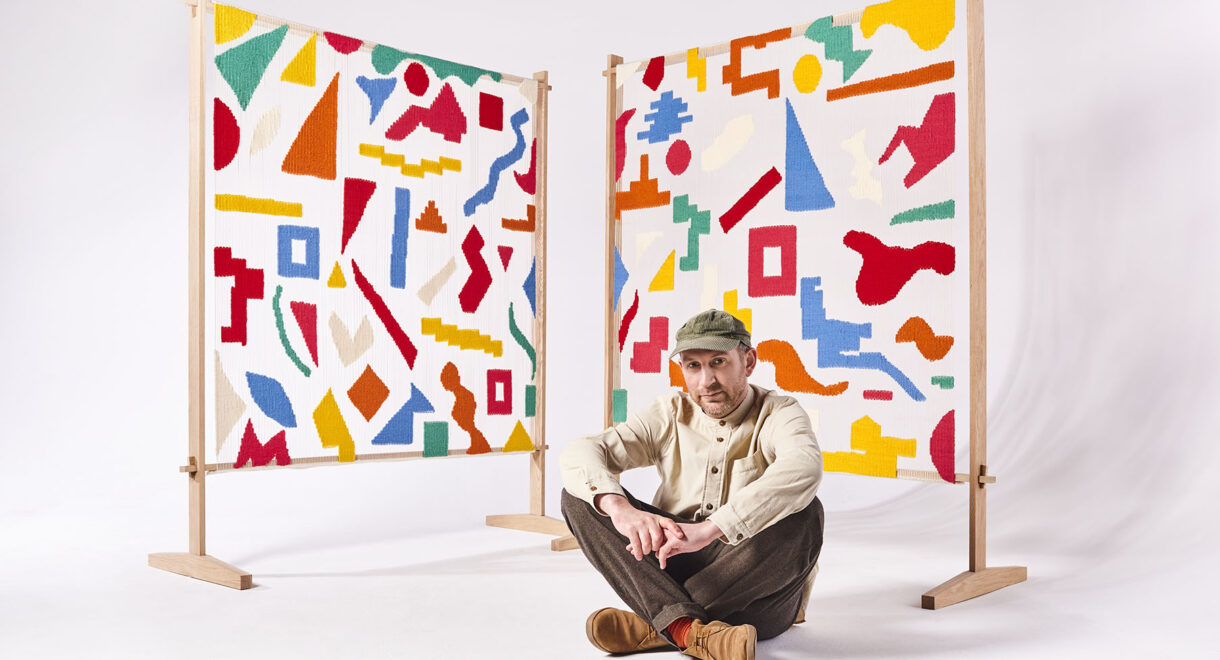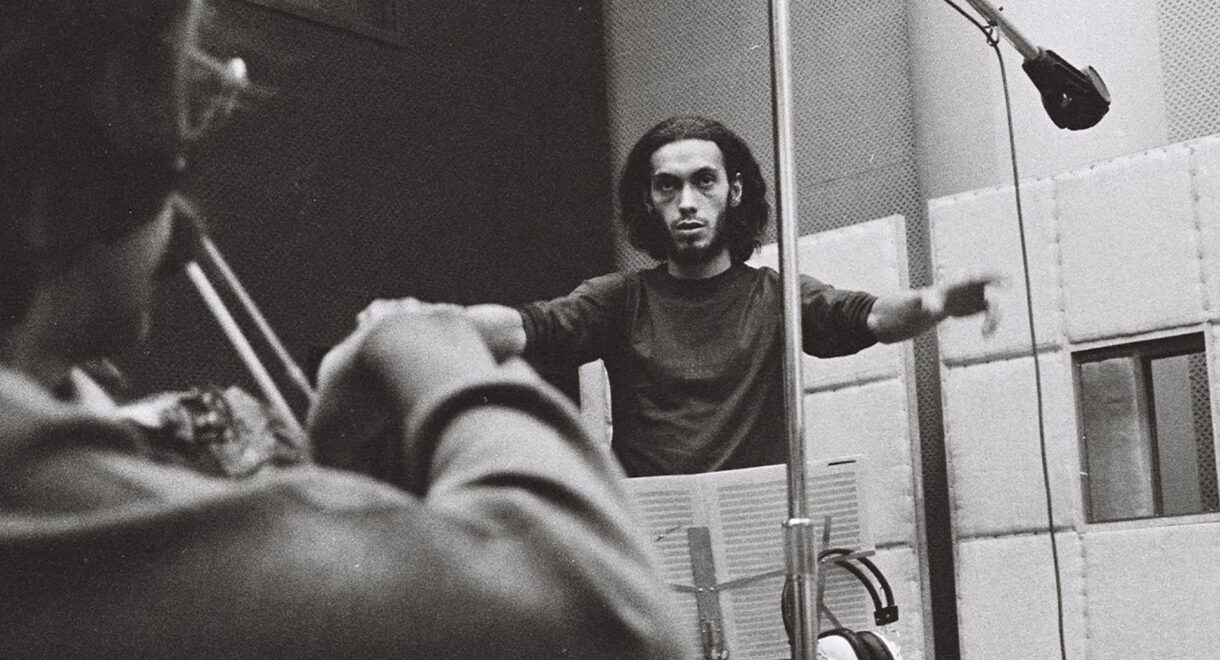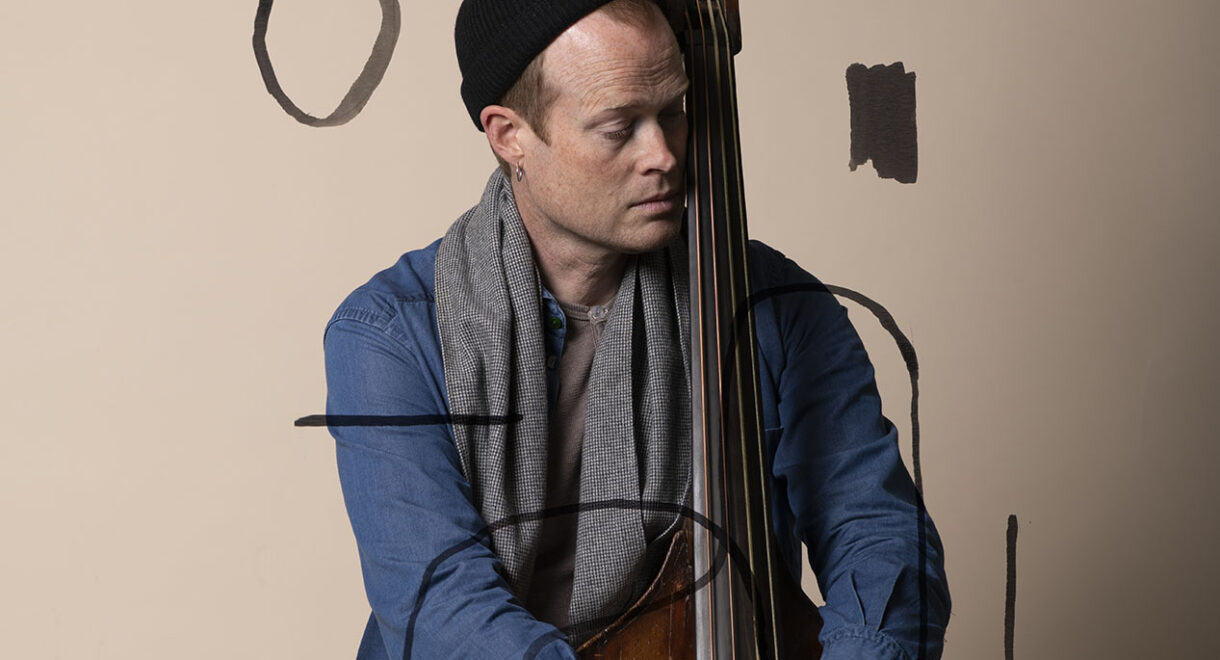Listen to a new album from New York free jazz legend Alan Braufman. Two years prior to releasing Pharoah Sanders’ 1977 psychedelic spiritual jazz masterpiece Pharoah (aka Harvest […]
New Pharoah Sanders box set from Luaka Bop resurrects the mesmerizing, unsung 1977 rarity ‘Pharoah’

One of our all-time favorite records is finally getting a proper reissue…
By 1977, Pharoah Sanders was moving through a particularly notable transition. Three years prior, his eight-year Impulse! Records relationship had ended with the release of Love is All, and with it the kind of national record distribution that ensured his releases would be stocked at shops across the country. And with jazz straddling two competing commercial camps — the musicianly, tightly wound fusion scene and the smooth jazz movement — a free-flowing explorer such as Sanders was beginning to be left out of conversations on contemporary jazz.
Pharoah was born into this world, and yesterday Luaka Bop announced that they will be reissuing the album as a box set that brings into the present a remarkable document by a certified genius.
The story of its birth and creation are fascinating. The 1977 album was released on India Navigation, a boutique label run by Staten Islander Bob Cummins. Founded in 1973, India Navigation had only released four other records before Pharoah, but each was a banger: The Revolutionary Ensemble’s Manhattan Cycles, Alan Braufman’s insane free jazz document Valley of Search, baritone sax master Hamiet Bluiett’s percussion-heavy workout Endangered Species, and the debut album by a young gun named David Murray, who was soon overpowering stages all over New York to become one an essential 1980s player and composer.
Though brilliant players all, they certainly weren’t of the stature of his former label mates — John Coltrane, Alice Coltrane, Albert Ayler, Ornette Coleman and McCoy Tyler included.
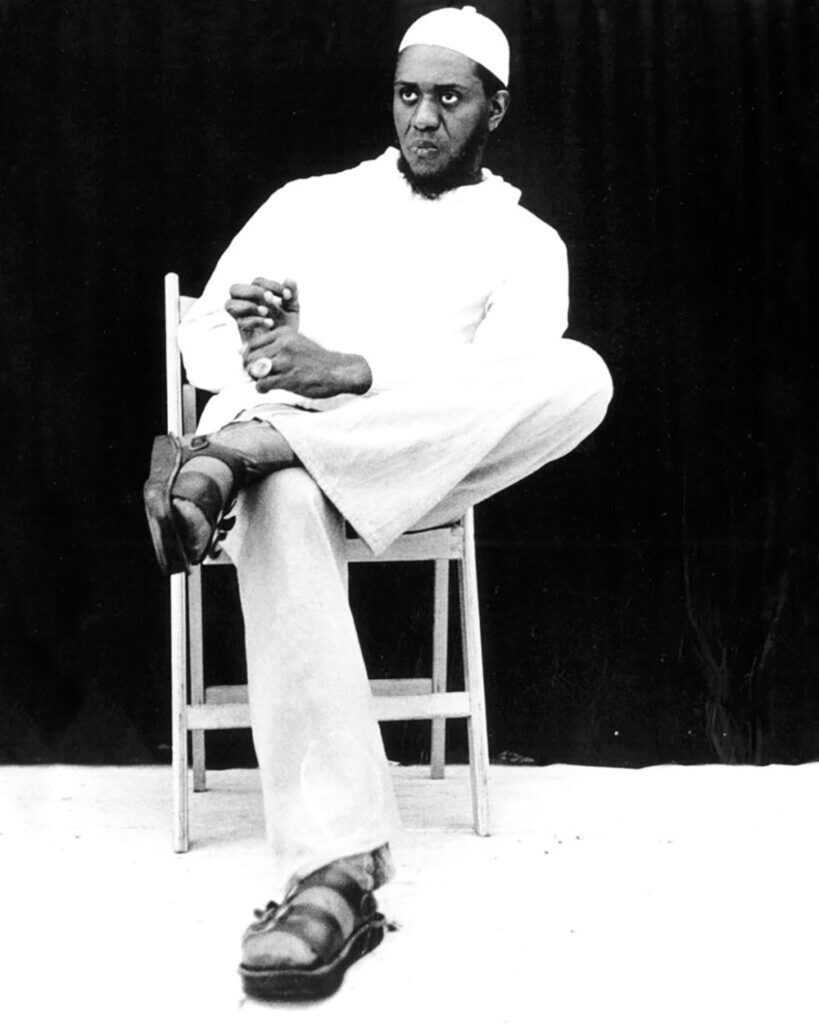
Luaka Bop’s release notes on the making of Pharoah are fascinating, so much so that they’re worth excerpting at length:
It started in 1976, when Bob approached Pharoah about doing a record together. Bob was a lawyer who had moved his family from Cleveland to Staten Island in the late ’60s to work at Western Union. A devotee of the New York downtown avant-garde jazz scene, he started his small label because, as his daughter Beth remembers it, “he loved these musicians and nobody was recording them.” He named it India Navigation after a garbage scow that ferried Cleveland’s municipal waste across Lake Erie. “It was a joke,” Beth said, “but a little ill-fated because nobody remembered the label name.”
Bob would eventually get a studio in two unused offices of Western Union’s famous Telegraph Building, a 19th century skyscraper in what was becoming the Lower Manhattan neighborhood of TriBeCa. But when he recorded this album he was still in his first studio, a large cement room in an old spring water factory in Rockland County, north of the city on the Hudson, where he lived with his wife Nancy. Bob and his family built the studio themselves. As Beth remembers it, getting Pharoah was a coup for her father. “Pharoah was his dream,” she said. “He was one of [Bob and Nancy’s] favorite musicians. He was a legend, even though he wasn’t doing that well right then. And my dad was kind of shy, so somehow he managed to approach and talk to Pharoah. And I guess, knowing him, probably proposed something casual, knowing that he couldn’t really do what Pharaoh might be used to.”
The sessions were hard and frustrating for Sanders, who arrived with a bigger band than Cummins, an amateur engineer, expected. He and Sanders had different ideas about the record and when the project ended, both were disappointed. Sanders seldom discussed the record again.
So the beguiling, mesmerizing three-song album Pharoah arrived with little buzz and didn’t make much of a dent in the jazz psyche. The label didn’t press as many copies as Impulse! had with their Sanders releases; there was no major press campaigns that dictated a massive promo mailing.
You know the story from here: brilliance plus rarity equals demand. Original copies of Pharoah, which was issued with both blue-tinted and brown-tinted jackets, now go for more than $750.
Enter Luaka Bop, whose essential archival releases by Shuggie Otis, Alice Coltrane, William Onyeabor, and others have propelled into the here-and-now essential musical voices overlooked or under appreciated in their time.
Described by Luaka Bop as “the definitive, remastered version of Pharoah, his seminal record from 1977,” the set will also feature two previously unreleased contemporaneous live performances of the album’s “Harvest Time.”
Luaka Bop will issue Pharoah as an embossed 2 LP box set. “Alongside the original, now beautifully remastered record, there will be two previously unreleased live performances of his masterpiece, ‘Harvest Time,’ a 24-page booklet with interviews, essays and incredibly rare photographs, and a separate collection of ephemera, which tell the story of this album and this moment in Pharoah’s life in a way that has never been done before,” Luaka Bop writes in their release announcement. It will feature essays by Harmony Holiday, Marcus J. Moore, and Pierre Crépon, among others.
The label will accompany the release with a live show called The Harvest Time Project: A Tribute to Pharoah Sanders,” which Luaka Bop describes as “a bespoke concert series featuring the original guitarist Tisziji Muñoz and a selection of different musical ensembles who will come together in different iterations to reinterpret the composition ‘Harvest Time.'”
The world premiere will take place on Nov. 12 at the Dutch music festival Le Guess Who? (Nov 12), and will feature Irreversible Entanglements and Domenico Lancellotti under the musical direction of National Information Society’s Joshua Abrams.
A few months before that (Sept. 20), the Sanders celebration will continue at the Hollywood Bowl with a live performance of Promises, Sanders’ masterful 2021 coda with Floating Points and the London Symphony Orchestra. It’ll be the first-ever live concert presentation of Promises, and will feature Floating Points, Shabaka Hutchings (Comet is Coming, London Brew) playing Pharoah’s contribution to the recording, and the Los Angeles Studio Orchestra.




